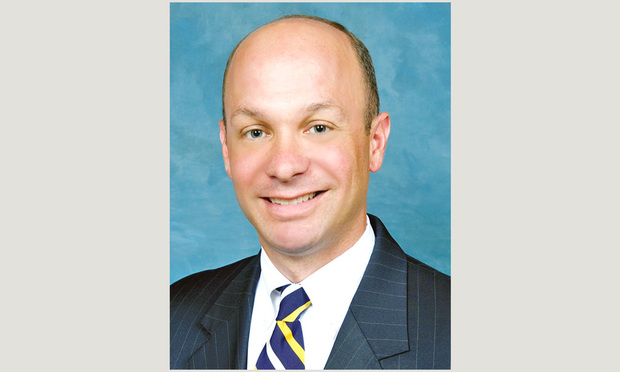Absent the legal mechanism to pursue a bad faith claim against a workers’ compensation carrier, one of the only weapons in a claimant’s arsenal to discourage the baseless denial of claims is that of the unreasonable contest counsel fee demand. Tragically, it is commonplace for an overly aggressive defendant to deny a claim with no factual or legal basis to do so. Claimants are routinely forced to needlessly prosecute a petition for benefits or otherwise oppose baseless defense petitions, which causes precious judicial resources to be misallocated and inflicts significant undue stress, mental anguish and financial distress on the injured worker.
Of course, the humanitarian nature of the Workers’ Compensation Act is supposed to prevent any delay in the payment of benefits or the baseless denial of claims. The law directs that the act be liberally construed to be remedial in nature, although one would never know it from the paucity of unreasonable contest counsel fee awards at the trial level. The actual law provides that awarding counsel fees is to be the rule and excluding fees the exception to be applied only where the factual record establishes a reasonable contest. See Millvale Sportmen’s Club v. Workers’ Compensation Appeals Board, 393 A.2d 49 (Pa. Commw.1978). It is also important to note that the question of whether a reasonable basis exists for an employer to have contested liability is fully reviewable on appeal as a question of law to be based upon findings supported by substantial evidence. See Kuney v. Workers’ Compensation Appeals Board, 562 A.2d 931 (Pa. Commw. 1989).


 Christian Petrucci of the Law Offices of Christian Petrucci.
Christian Petrucci of the Law Offices of Christian Petrucci.




